Amelie Wen Zhao’s Critics Enforce New Fantasy Legalism
My heart goes out to aspiring author Amelie Wen Zhao.
I’ve never met her, or said hello on Twitter. No doubt our beliefs and life experiences are very different.
But we share mutual creation in the image of God. We also share an interest in fantastic stories. In Zhao’s case, she had even attained a huge publishing contract for her fantasy series. Its first novel, Blood Heir, would have released this June.
Yes, would have, because internet bullies forced Zhao into cancelling her own dream’s publication.
What happened: religious progressivists accused an Asian-American author of ‘racism.’
Last January, Amélie Wen Zhao posted an ecstatic message on her website: Her debut young adult fantasy novel, “Blood Heir,” had sold to a major children’s publishing house in a three-book deal after a heated auction, and was scheduled to be released in summer 2019.
“I AM GOING TO BE A PUBLISHED AUTHOR!!!!!!” she wrote.
But a year later, her nascent career has stalled, after some critics, who read early review copies of the novel, denounced the book as blatantly racist.1
Columnist and The Benedict Option author Rod Dreher summarized the nonsense:
The book, which had positive buzz (Barnes & Noble called it one of the most anticipate YA releases of the year), has been the subject of a massive Social Justice Warrior pile-on on social media, as Jesse Singal discussed in a tweetstorm. Very few people have even read the novel, but the mob attacked it as racist for a variety of reasons, one of them being that Zhao created a fantasy world where “oppression is blind to skin color” (this, from the press release). It’s a fantasy world, and people haven’t even read the book, but the mob was certain that Blood Heir is racist, and that its author — a young woman raised in Beijing, but now living in New York City — ought to be shut down.
Today, they got their wish.2
Zhao said, “It was never my intention to bring harm to any reader of this valued community . . .”3
Whereupon columnist Dreher basically Hulks out:
They shamed this woman into surrendering her dream! This immigrant from communist China has submitted to the verdict of an online struggle session, straight out of Mao’s Cultural Revolution! . . .
These monsters have to be stopped. We cannot let them win. I am so sorry that Amelie Wen Zhao surrendered to them, and their cruelty. . . .
Amelie Wen Zhao has learned to love Big Brother.
The rest of us had better learn to hate him, and fight him at every turn. Now.4
Why it happened: religious progressivists hate or hijack fantasy like old Christian fundamentalists have done.
I agree with Dreher. Yet how can we “hate” this sin, while loving the sinners? How can we hate bullying, while loving the bullies?
Still, we can’t simply reply with slogans like, “we must stop this,” and “fight! fight!” We need to understand our enemy. And as a famed boy warrior once said—incidentally(?) expanding upon Christ’s command—we even need to love them.
“In the moment when I truly understand my enemy, understand him well enough to defeat him, then in that very moment I also love him.”5
To understand this enemy, I must start with this one similarity: Today’s moral police act worse than yesteryear’s Christian-ish cultural fundamentalists.
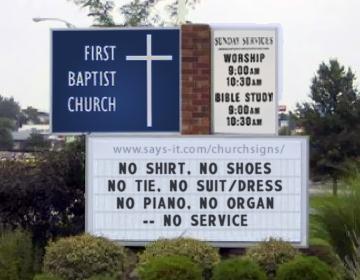
Obvious legalism is not the only legalism.
Lately I’ve seen several articles and comments sharing this truth.
A friend of mine remarked on Facebook:
I have no doubt that “YA Twitter” considers itself enlightened, informed, and most of all, “woke,” but this is ignorance, plain and simple. It’s no different than those knee-jerk reactions from religious and conservative types concerning books, movies, etc., that they’ve never read or watched, and yet are absolutely convinced that said works are “evil” and must be protested, condemned, etc., sight unseen.
From another friend, Ian Barrs:
I am continually bitterly amused by how the how closely the reactions and “logic” of fundamentalists of the cultural Left resemble the “religious fundamentalists” they see as their exact opposites. The shallow understanding of the purpose and nature of fiction that leads to someone condemning an author because they portray racist characters being racist, for instance, is exactly the same error as the lady I saw on a Christian website once condemning the Harry Potter novels and specifically because the Voldemort resurrection scene at the end of book 4 is “frightening and occultic Black Magic”… You mean the evil ritual by which the entire series’ antagonist, an *evil wizard* regains his power is “frightening Black magic”?? You don’t say…
(The only better one was the person complaining that Tolkien’s Sauron was inappropriate because he’s “demonic”… For those of you unfamiliar with Tolkien’s fictional history and cosmology, Sauron is, literally, a demon…)
And finally, from Crossway Books associate acquisitions editor Samuel James, writing at Crossway (though not about the Zhao takedown):
The idea that we ought to make the culture we consume conform to a moral standard seems a novel one to the social-justice generation. It was a given in my childhood. My fundamentalist upbringing gave me (though of course imperfectly) a grasp of non-neutrality, the inevitable moral character of the things we say, watch, and experience.
The rising generation of students is coming to this same realization but without the help of religion’s spiritual insight. The modern campus culture is a religious culture, but it’s a religion without God, and consequently it is a religion without grace. Many students would probably hear my story about growing up in conservative Evangelicalism and conclude that I have been violently oppressed. What if, though, we have more in common than they think? What if SJWism and religious fundamentalism are both expressions of a dissatisfaction with the decadence of modernity: its mindless consumerism, its divorce of virtue from culture, and its kowtowing to profit and power? . . .
Evangelical Christians have an understanding that secular, culture-policing social-justice activists can only mimic — an understanding that the world is a guilty place and that truth, goodness, and beauty must be striven for instead of assumed. The gospel of Christianity offers new life through repentance and spiritual rebirth. There is no such gospel in the worldviews of secular students; the best that can be strived for in them is tribal purity.6
Ever heard or believed the notion that we ought not have “Christian fiction,” but just Christians writing fiction?
I actually disagree with this statement. In this SpecFaith article, I share a few reasons why. But here’s another reason: Progressivist zealots will just keep waging their moral, godless-religious crusade against fantasy books. So Christians will need our own stories, now more than ever.
Meanwhile, let’s love our enemies—by understanding them, empathizing with them, loving them, and also opposing their nonsense.
- Alexandra Alter, “Y. A. Author Pulls Her Debut After Pre-Publication Accusations of Racism,” The New York Times, Jan. 31, 2019. ↩
- Rod Dreher, “Amelie Zhao Learns To Love Big Brother,” The American Conservative, Jan. 30, 2019. ↩
- Amelie Wen Zhao @ameliewenzhao, Jan. 30, 2019 tweet. ↩
- Dreher, “Amelie Zhao Learns To Love Big Brother.” ↩
- Orson Scott Card, Ender’s Game. ↩
- Samuel James, “We’re All Fundamentalists Now,” National Review, Feb. 1, 2019. ↩






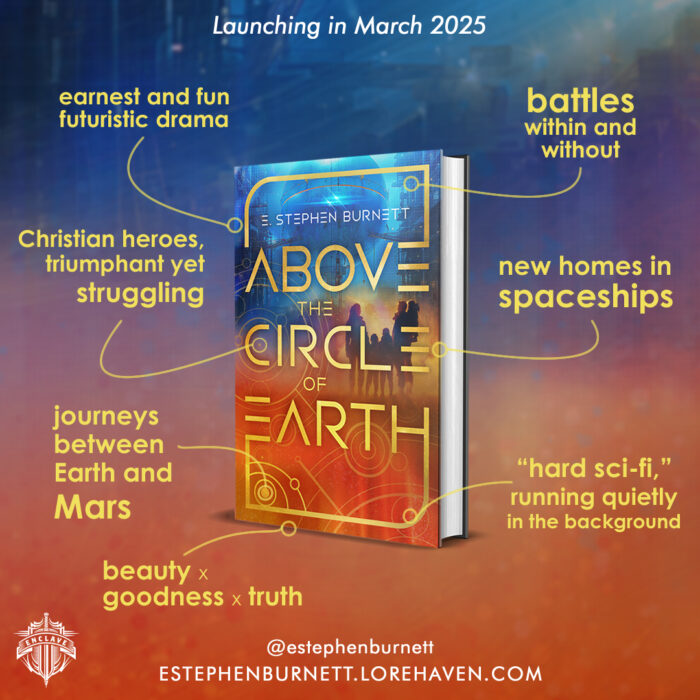



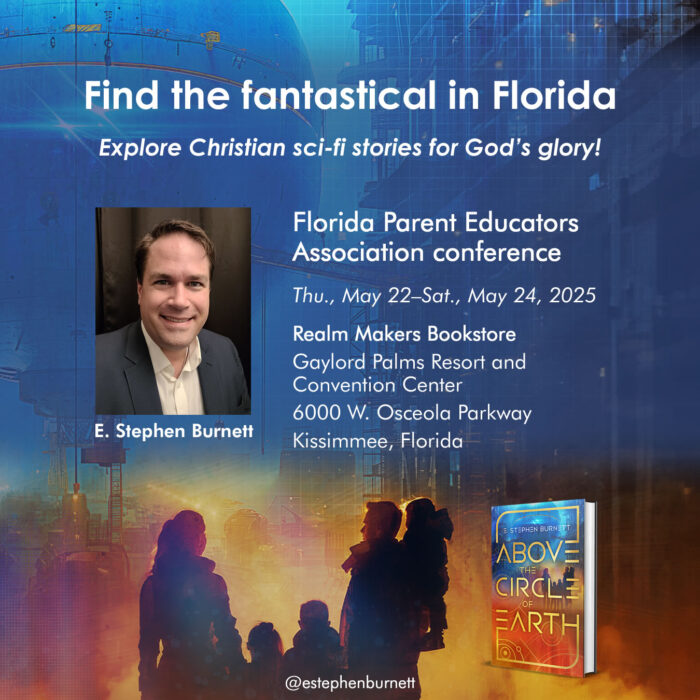
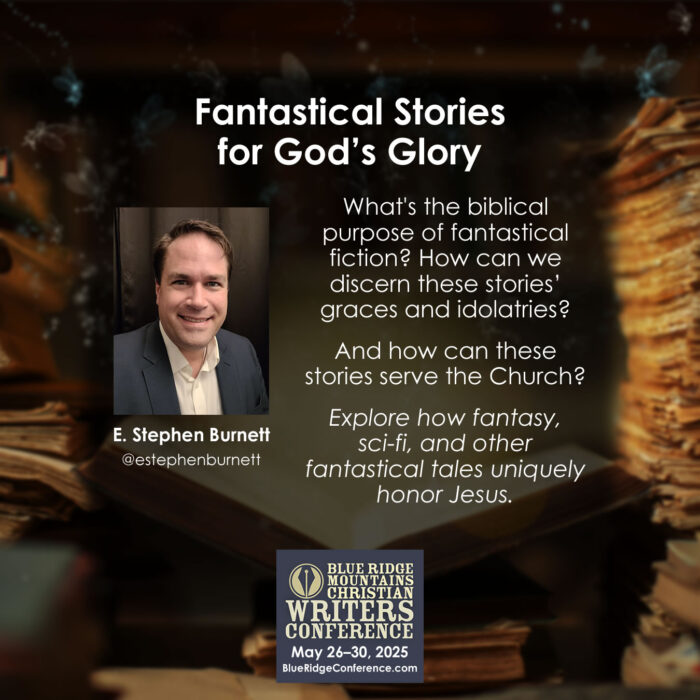
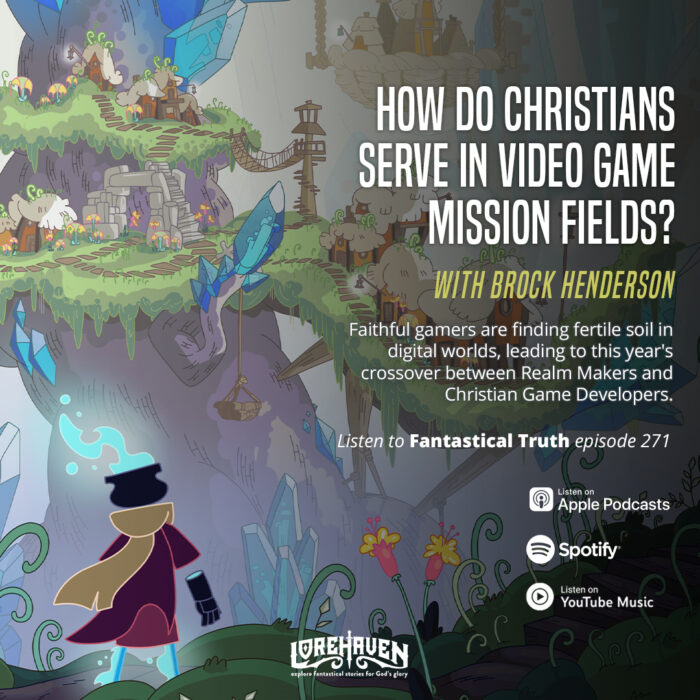



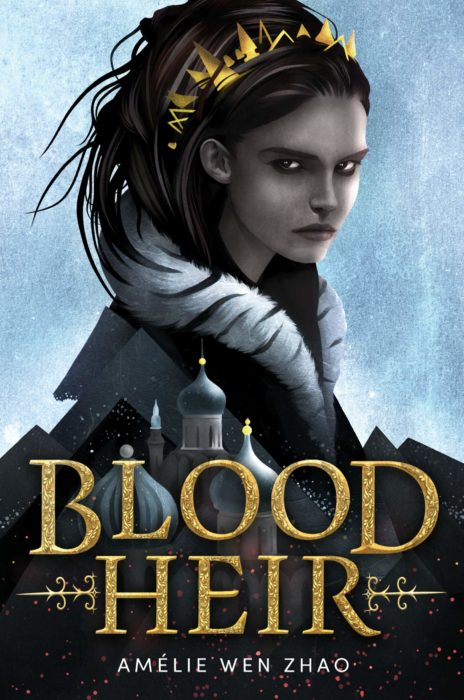
Good thoughts, Stephen, as always. As to needing Christian fiction…I’ve been to a homeschooling conventiion with the Realm Makere bookstore, and I can say for a fact that in that group, at least, there is a thirst for Christian fiction. Parents want to be able to buy a series for their kids / teens and be reasonably comfortable with the content.
Poor girl. I’m tempted to buy the book just to counter this trend toward bullying.
I wasn’t even sure what they meant by “oppression is blind to skin color”. But something I see that really bothers me is the fact that now days, people want to look at a story and say that it MUST be a direct parallel to an event or issue in real life, and they won’t accept that their interpretation might be false. As a result, they assume that the author MUST be pushing some evil agenda and therefore must be destroyed.
I’ve been thinking a lot about what would happen if I got attacked online like this, and so far have decided that I would just have to try and weather whatever storms come my way. This sort of thing would probably happen regardless of what effort I put out to make everyone happy, so although I am going to do my best to prevent such attacks, I don’t intend to give up on everything just because of them.
Sadly, though, I worry that this issue won’t stop until there is a huge path of destruction that people will be forced to notice and finally feel guilty about. But by that point, a lot of people will have already been hurt.
Looking at the New York Times article, it really looks like these people greatly cut down on diversity. Blood Heir sounded like an opportunity to shed light on the oppression people face in other countries, but these bullies silenced that opportunity with their behavior.
[…] Amelie Wen Zhao’s Critics Enforce New Fantasy Legalism | E. Stephen Burnett, Feb 4 […]
[…] seeing this more frequently reported. I last wrote about this after the sad Amelie Wen Zhao situation. More recently, I caught this New York Times column from Jennifer Senior: “Teen Fiction and […]